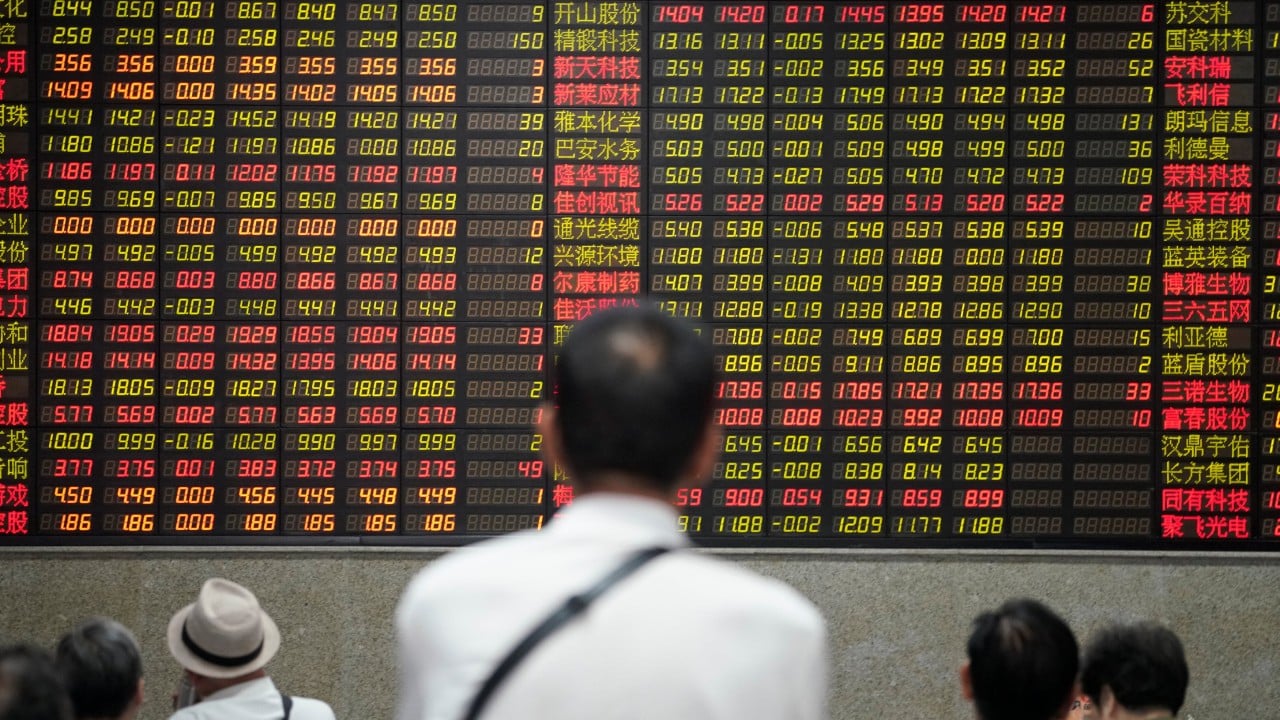The ongoing rally in Chinese stocks will do little to boost growth in the mainland’s economy, as equity investments account for a small portion of total household assets, Nomura Holdings said.
Advertisement
In a report on Wednesday, Lu Ting, the Japanese brokerage’s chief China economist, said Chinese households parked the majority of their wealth in the struggling property market. Stock holdings accounted for 1.3 per cent of total household assets, while the proportion for properties was 60 per cent, the report said, citing data published by China’s central bank in 2019.
“Chinese households’ assets are still dominated by property, implying a limited wealth effect from rising stock prices,” Lu said.
Investors who were counting on a bullish stock market to help revive the Chinese economy – particularly consumer spending after some key July economic data suggested a broad-based slowdown – were likely to be disappointed, Lu said. In an earlier report, Nomura said China’s growth would deteriorate significantly in the second half, with the effect of a trade-in programme for household appliances fading and high tariffs hurting exports.
China’s US$12.3 trillion stock market, the world’s second largest, has been on a roll over the past two months, with the Shanghai Composite Index climbing to its highest point in a decade in August amid a rotation out of bank deposits and fixed-income products. While economists including Nomura’s Lu argue that the liquidity-driven boom might be fleeting, some fund managers and the nation’s vast pool of retail traders believe the run is sustainable, as more stocks join the rally and support comes from the state.
Advertisement
Stocks are more significant in other global economies, particularly the US. American households allocated 65 per cent of their assets to financial products, mostly stocks and funds, while about 25 per cent went to real estate, according to official data.

